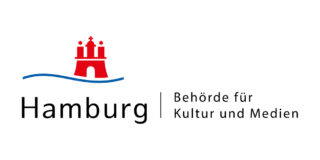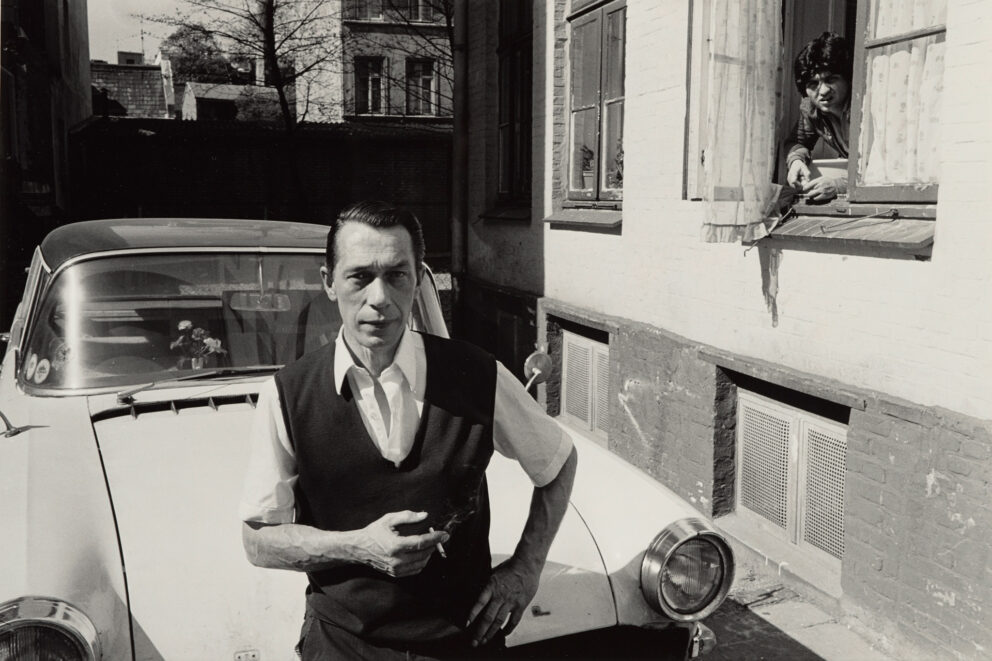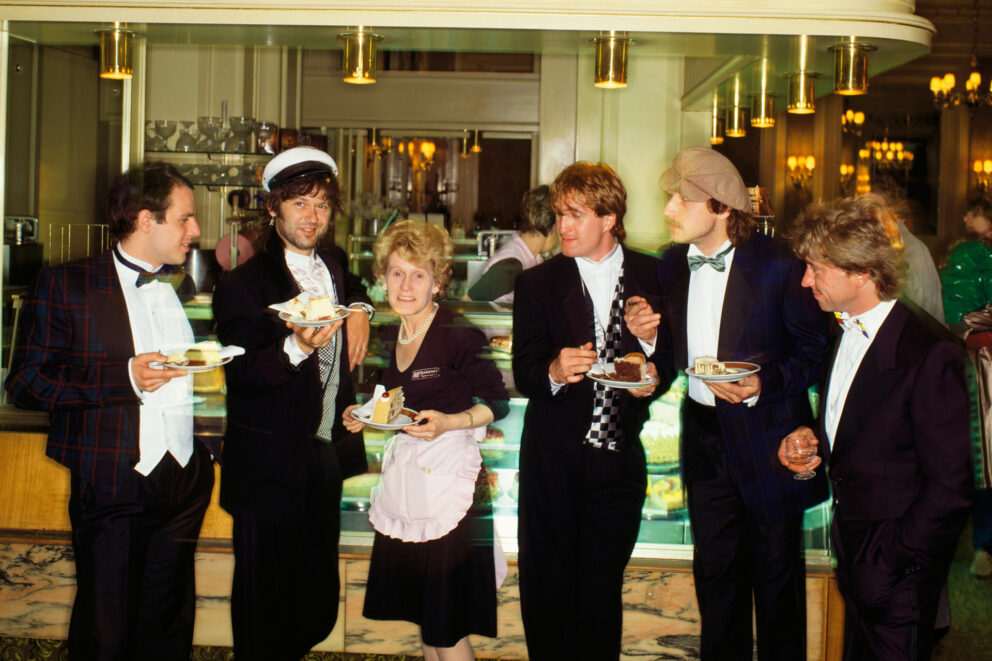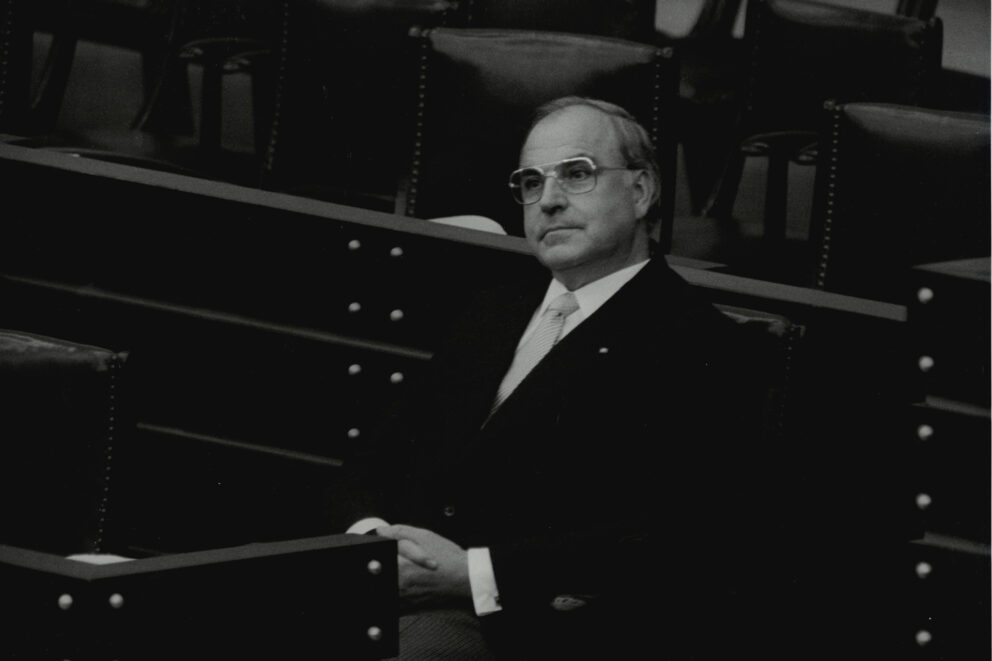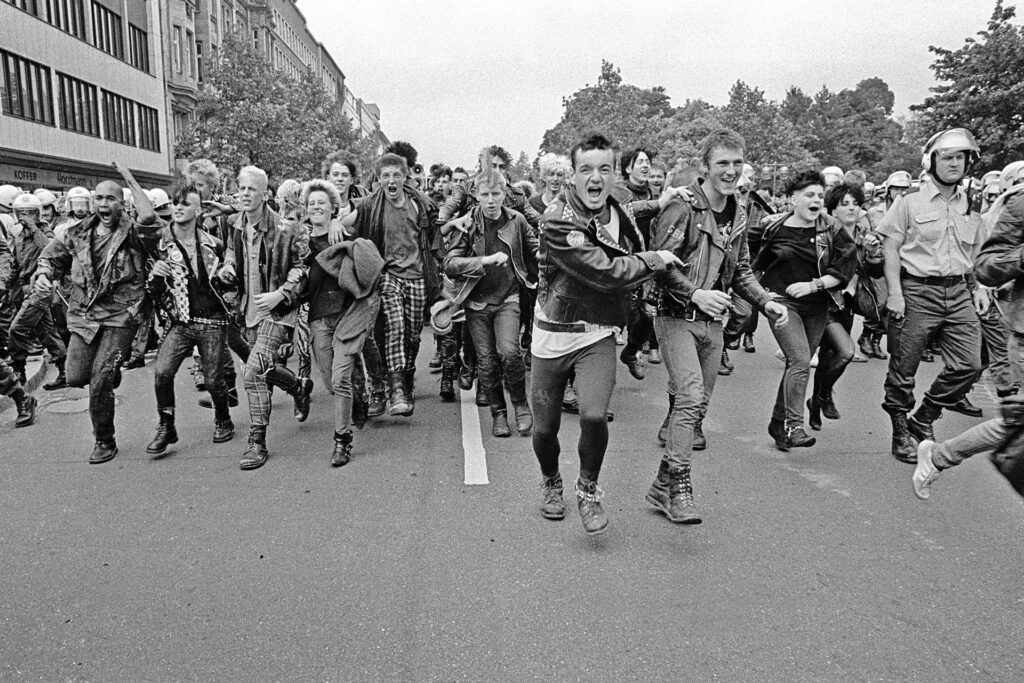
The years around 1980 were a period of profound upheaval in Germany, characterized by fundamental innovations and great fears for the future. The first Macintosh computer from Apple and the first cell phone from Motorola came onto the market, and from 1984 it was even possible to send the first emails. Young people listened to the music of the Neue Deutsche Welle, played Pac-Man or tried their hand at Rubic’s Cube. Punks increasingly shaped the centers of the cities, while series such as “Dallas” and “The Denver Clan” or a new format such as “Wetten, dass…?” attracted millions to their television sets.
This pop and fun culture was contrasted by a general sense of doom caused by the global arms race, the increasingly visible destruction of the environment and rising unemployment. Germany was divided and East and West were suspicious of each other during the Cold War, despite numerous attempts at rapprochement. In 1982, 500,000 people demonstrated in Bonn against the NATO Double-Track Decision and formed human chains for peace. The Greens were founded as a new party in 1980 and Joschka Fischer became Hesse’s environment minister in 1985 wearing sneakers. The Helmut Kohl era began and at the same time a large number of new social movements formed with the aim of fundamentally changing society.
Forty years later, this time seems like a distant land, but many of the developments that originated around 1980 reach right up to the present day. With works by Angela Neuke and Barbara Klemm, F.C. Gundlach, Martin Langer and Ingolf Thiel, Asmus Henkel, Mahmoud Dabdoub and Gerd Danigel, the exhibition “Deutschland um 1980. Fotografien aus einem fernen Land” presents nine different and concise perspectives on this period. The photographers take a highly individual look at the developments in Germany at the time: as freelance actors, as reportage photographers commissioned by newspapers and magazines or as photo artists.
The exhibition was conceived by the LVR Landesmuseum Bonn together with the Deutsche Fotothek Dresden and the F.C. Gundlach Foundation Hamburg and will be complemented by Hamburg positions in the Altonaer Museum.
The Altonaer Museum is presenting the exhibition together with the F.C. Gundlach Foundation.
Supported by
